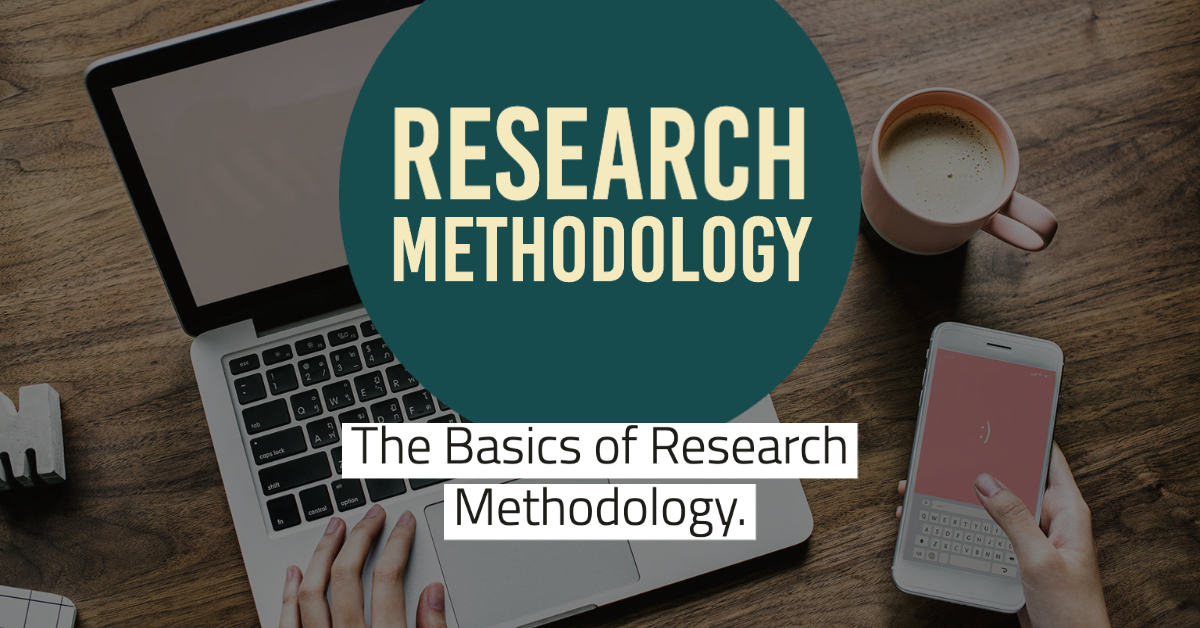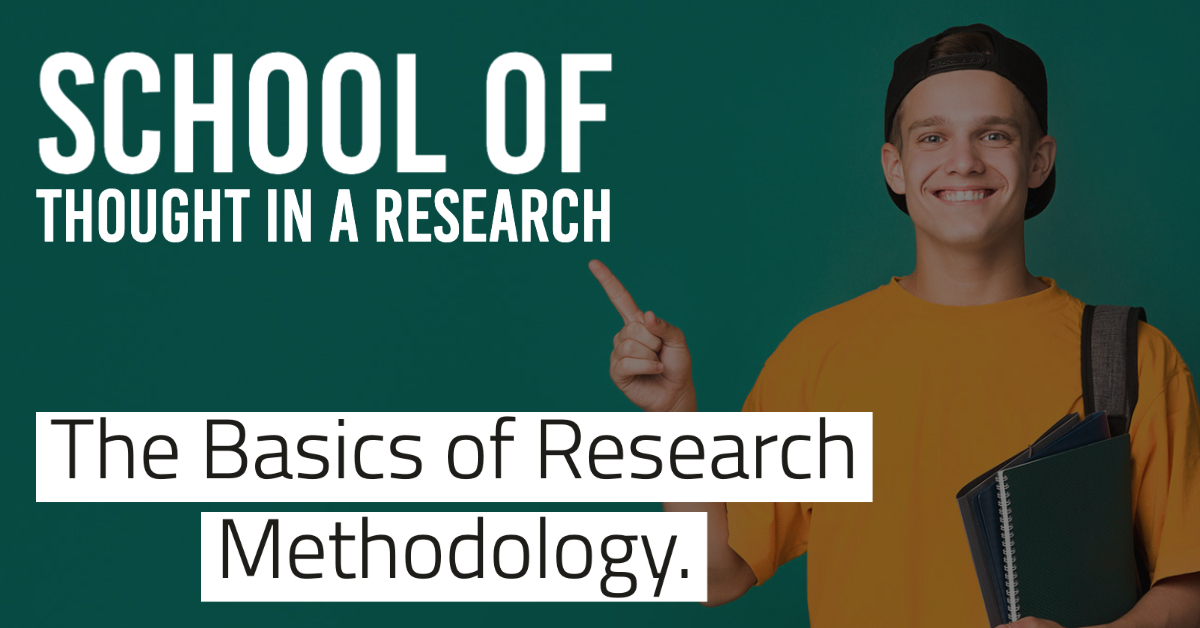What is Ontology? Ontology in Simple Terms | Research Philosophy | Objectivism vs. Subjectivism Have you ever wondered about the meaning of Ontology? This philosophical concept has long been a topic of discussion among scholars and intellectuals.

The debate between Objectivism and Subjectivism is at the core of Ontology. Objectivism asserts the existence of objective reality and believes that knowledge and truth can be discovered through reason and observation. In contrast, Subjectivism claims that reality is subjective, and knowledge and truth depend on individual perceptions and experiences.
This debate has far-reaching implications in various fields, such as ethics, epistemology, and metaphysics. While Objectivists advocate for a universal and objective understanding of reality, Subjectivists emphasize individual perspectives and experiences. The ongoing philosophical discourse between these two schools of thought is an intriguing and thought-provoking topic.
What is Ontology in Research?
What ontology means is to find what is true now, there have been several different philosophers, and all those different philosophers came up with several different philosophies, but if we analyse all those philosophers and what they have said, they come up with two different philosophies, in the end, the first one is to find the truth.
“What is the final truth?”
Questions answered in this Article.
An ontology in simple terms? | What is ontology in research? | What is ontology in philosophy? | What is an example of an ontology? | What are ontology and epistemology?

Ontological understanding of our research is where we will find the truth. So, what is truth? The two main understandings in ontology are materialism and the second one is cognitive (Mental).
In materialism, philosophers initially identified five types of material we could see, touch, feel, and sense. On the cognitive side, the consciousness is the purple, the person ourselves, our inner self, so the cognitive and the material there are two different types of philosophy. One side found that the material world is the only truth. However, the other side believed in the cognitive world, our imagination, and our experience. They thought that the material world was our imagination. Therefore, the absolute truth is the belief system and the existence of God. However, believers in metaphysics believed in the reality of the material world with five different types of material. The theory about the sky being one of the materials was rejected later. So, let’s look at those materials.
“In Objectivism, there are five elements: first, earth; second, fire; third, air; fourth, water; and fifth, sky.”
Now, those four materials are the main elements we can use to mix and create anything we are using in this outside (outside our inner self) world.
The fifth Material
The fifth material some of the philosophers talked about is Sky. However, many philosophers rejected the theory of the sky because they were told that the sky is not visible. We can’t see the sky. The is the sky above us, but if we look at the Moon, if we look at other planets or if we look at the stars, we can’t see anything between us and the moon or stars. So, the sky is nothing but a space. It’s just a space but not material. Also, we do not use the sky to create or produce anything. Therefore, the Sky theory was rejected. Consequently, we can use other materials, such as Earth, Fire, Air and Water, to create any objects, so that’s called objectivism.
Objectivism |Materialism| Positivist | Experiments
By researching objects, we are trying to do something with the material coming from the earth. For example, we are trying to identify or create something with the water in our labs. All these types of research are being conducted on objects we call scientific experiments.
Therefore, if our research Paradigm is on the materialistic side and our research is based on biology, chemistry, or physics, then you will likely end up experimenting. This type of research will fall into materialism and objectivism. But on the other side, the people who believe in the inner-self (Spiritual or Cognitive or Mental world) and the people who believe in the existence of something Superior in this world who created all that or mental capabilities
Subjectivism | Mental World| Social Construction| Phenomenology |
Our mental capabilities help us understand what is happening around us. They believed in the cognitive ability of everything happening in our mind to give us a picture or allow us to assume what that material is. Hence, those philosophers just believed in the cognitive side., the cognitive side and mental side is our mind that fall into subjectivism. The subjects are the people who talk about their experiences.
Phenomenology
Now, when we talk about subjectivism, we are talking about research on our ideas related to people. What do people think? What are the people’s perceptions of something? When we are trying to identify a phenomenon, for example, any social science research, if you are a project management student or a supply chain student, and you are trying to research how we can enhance our understanding of the supply chain in the automobile industry.
In this research, we are not doing any experiments, using any material, drug testing, or lab work. Therefore, this type of research falls into subjectivism because we are trying to capture the views and experiences of other people to understand what the ways could be or what the critical factors could be in enhancing our understanding of the supply chains of the automobile industry.
Conclusion
In ontology, we find the final truth of knowledge. To understand this truth, we need to conduct our research from either the subjectivism or objectivism side.
However, some philosophers have developed a new theory in which they do not agree purely on subjectivism or objectivism. They believed that both subjectivism and objectivism are essential. They believed in both material and spiritual worlds. They do not deny that subjectivism is false or objectivism is false and agree that both are true.
Therefore, the ontological position of research is to understand and establish that the research idea is the reality that is a projection of human imagination or the truth that originates through a concrete structure. They believe that reality (truth) is the realm of symbolic discourse.
This means your research could be based on subjectivism and, simultaneously, on objectivism, where you are conducting some experiments in the lab. In addition, at the same time, you are taking other people’s views, their experiences, and what they think about your results or your experiment. We can consider this as a mixed-method approach.
Further, Epistemology is the philosophy of the study or a theory about nature that establishes the grounds of knowledge.
-

What is Qualitative Research with Examples
Perhaps the division into Qualitative and Quantitative research is the most important classification of Research Methods. The main difference between Qualitative and Quantitative is the type of data. Classification is important because it affects how data are collected and subsequently analysed. However, many scholars view that, likewise, Inductive and Deductive most researchers use a mixedWhat… Read more
-

Inductive and Deductive Research
The inductive approach builds a theory from particular facts to a general conclusion. The deductive approach tests a theory through logical and analytical judgement by evidence and prior conclusions. Read more
-

What is Research Ethics?
Research ethics is simply an acceptance of standards of social or professional behaviour. Research Ethics involves the application of basic ethical principles. Read more
-

What is the research methodology?
Introduction to the research methodology? A research methodology is a systematic approach to analyzing and understanding a particular phenomenon. It involves selecting an appropriate method to collect data, analyze it, and generate meaningful results. Those results can be used to inform decisions or guide further research. The Basics of the Research Methodology. What is the Researc?What… Read more
-

What is Different Point of View or Schools of Thought in a Research?
A point of view or a school of thought or a “philosophical schools of thought” is a belief/doctrine/philosophy that is accepted authoritatively by a group. Although it is similar, It is not Mintzberg’s 10 schools of thought. Read more
-

New Transformative Power of Industry 5.0 Supply Chain
Industry 5.0 supply chains is the new era of supply chain that integrates the best aspects of Industry 4.0 while prioritizing human-centred approaches to business processes. Read more





1 Comment
[…] What is Ontology? […]
Comments are closed.